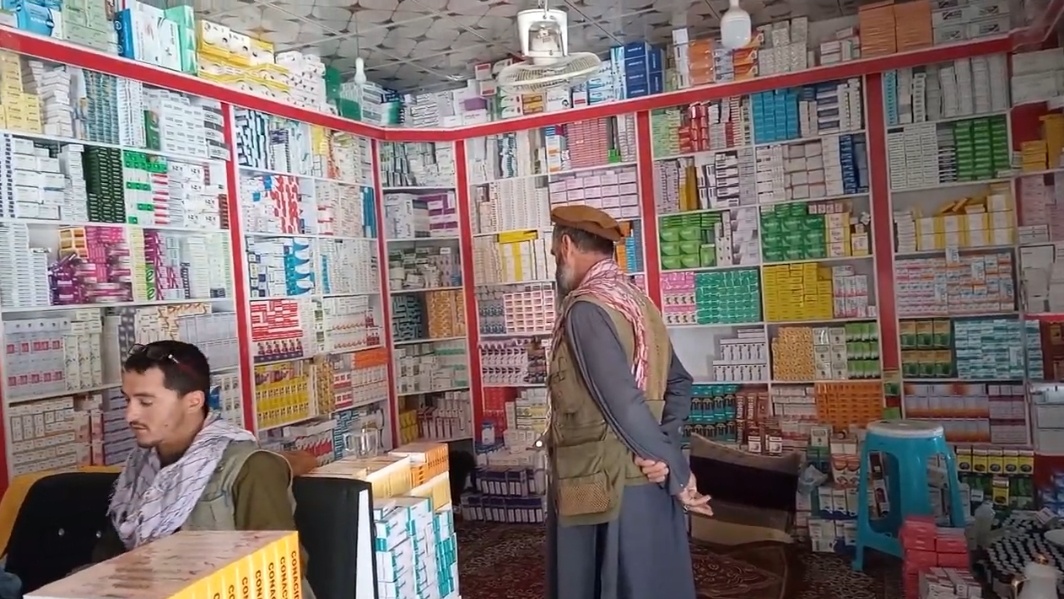A number of Takhar residents voiced their discontent with what they deem as “illegible prescriptions” by doctors, adding to the burdens they already face due to job scarcity and poverty. These residents find themselves compelled to pay exorbitant amounts for medications prescribed by physicians.
They said that the medicines prescribed under such circumstances are exclusively available at select pharmacies with connections to the doctors in question.
“When we visit a doctor, they provide us with prescriptions. We are left with no choice but to purchase these medicines at inflated prices from specific pharmacies. Astonishingly, we are informed that these medicines are unavailable at other pharmacies, even though they can be found at a lower cost elsewhere,” said Bashir Ahmad, a Takhar resident.
“We find ourselves in a perplexing situation. Not only are patients often inadequately diagnosed during their initial consultations, but the prescribed medications, which should cost 30 Afghanis, are being sold for 100 Afghanis,” said Ezzatullah, another resident of Takhar.
Furthermore, the issue of substandard medication quality compounds the challenges faced by Takhar residents. Habibullah, who has endured a year-long battle with stomach pain, expressed his frustration, stating that none of the prescribed medications have yielded positive results.

“I suffer from a stomach ailment, yet the doctor I consult with issues ‘illegible’ prescriptions. These medications are sold at double the price compared to other pharmacies, where high-quality alternatives are available at a lower cost. Unfortunately, doctors insist on obtaining medicines solely from their affiliated pharmacies,” Habibullah said.
Pharmacy owners also report encountering numerous instances of such prescriptions on a daily basis, which subsequently lead to patients’ difficulties.
“As members of the community who often cannot afford expensive medications, patients are subjected to prescriptions that cannot be fulfilled by other pharmacies. We urge the Department of Public Health to take measures against doctors who engage in such practices,” said Esmatullah, a pharmacy proprietor.
The issue of difficult-to-read prescriptions and substandard medication quality represents longstanding challenges in Afghanistan, and it remains unresolved despite persistent concerns throughout the years.





